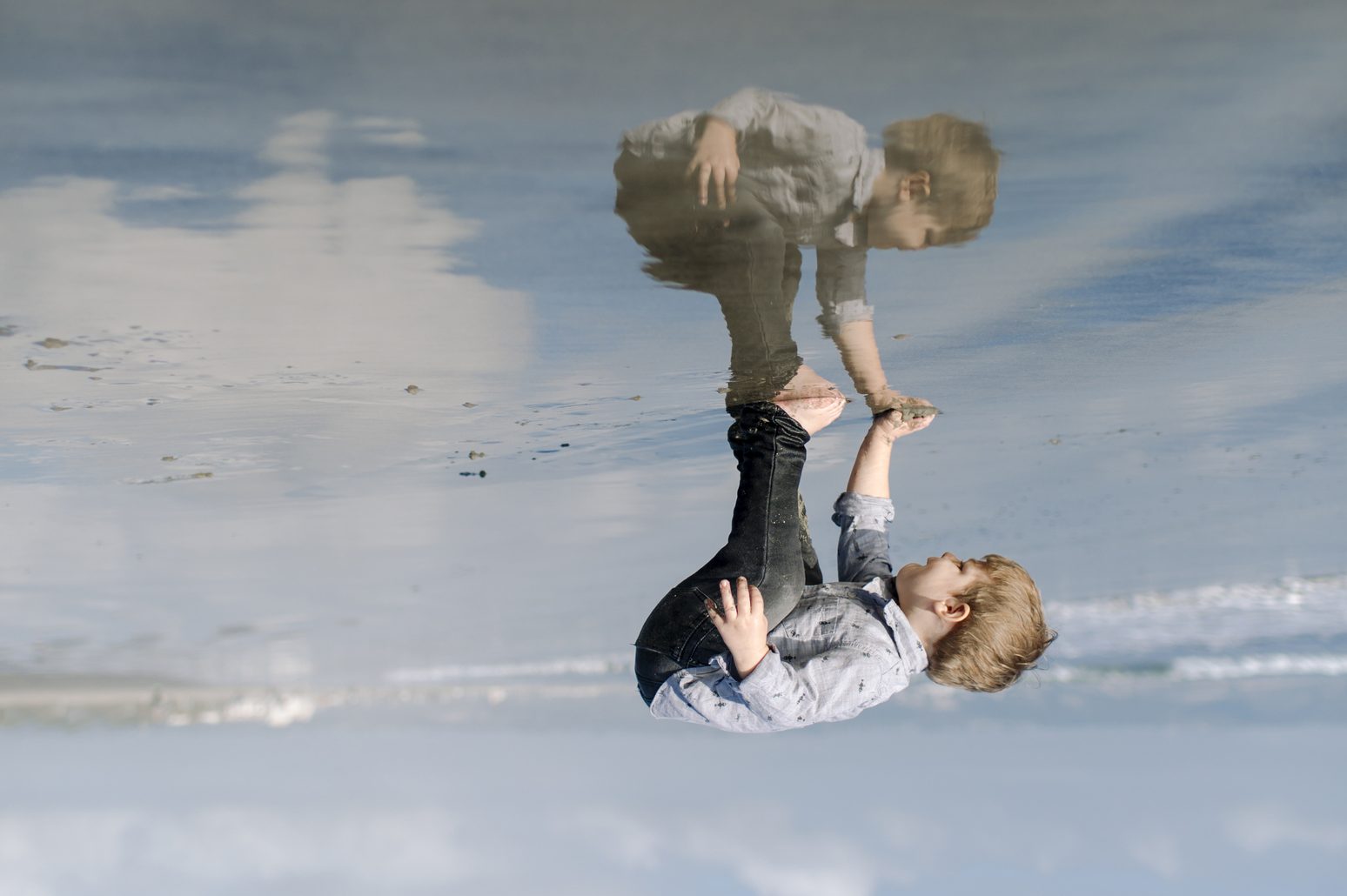The University of Connecticut Humanities Institute (UCHI) received a $275,000 grant from the Henry Luce Foundation to support the exhibition and programming for “Seeing Truth: Art, Science, and Making Knowledge (1750-2023),” which will be presented at the William Benton Museum of Art during the 2023 academic year.
UConn President Thomas C. Katsouleas announced the Luce grant during a reception introducing the UCHI Fellows for the 2019-2020 academic year, a group of 13 UConn faculty, visiting residential and dissertation scholars conducting research in a wide range of disciplines ranging from history and literature to culture and political science.
“One of the most exciting things about the humanities is that it really connects the work we’re all doing,” Katsouleas said. “Whether it’s fine arts, engineering, agriculture or nursing, every corner of the university benefits from the insight and knowledge imparted by humanities research.”
“Seeing Truth” will bring together scientific instruments, photographs, educational props, textbooks, paintings, taxidermy, expedition materials, and maps. The exhibition will challenge notions of what counts as a “scientific” object or as “art,” which will in turn challenge the assumption that there is only one way of understanding and valuing truth and knowledge.
Programming for the exhibition will be in collaboration with the American Museum of Natural History in New York City and feature objects from its collection. “Seeing Truth” will later travel to other university museums in the United States.
Alexis Boylan, associate professor of art and art history and Africana Studies, who is director of academic affairs for UCHI, says the goal of Humanities Institute was to develop a program that will “capture the fundamental intellectual and moral questions of our moment.”
“We wanted to have that dialogue in museums, pulling in the public to art, science, and museum spaces in new and challenging ways,” Boylan says. “We need big thinking, and new kinds of thinking, for big problems.”
“Seeing Truth” is itself a crucial element of a larger initiative being launched by UCHI: “The Future of Truth.” This larger interdisciplinary project asks whether we can rehabilitate the notion of truth in the wider culture. In other words, does truth have a future? And how might both art and science contribute to new understandings of truth and knowledge?
“Seeing Truth” advances the Luce Foundation’s mission to inform public discourse by promoting innovative scholarship. This project aims to create an interdisciplinary conversation to consider some of the most fundamental issues of our contemporary moment—an aspiration that the Luce Foundation shares.
UCHI, led by Michael Patrick Lynch, professor of philosophy, has a history of sponsoring both publicly engaged and interdisciplinary research, and has administered more than $7 million in grant funding.



